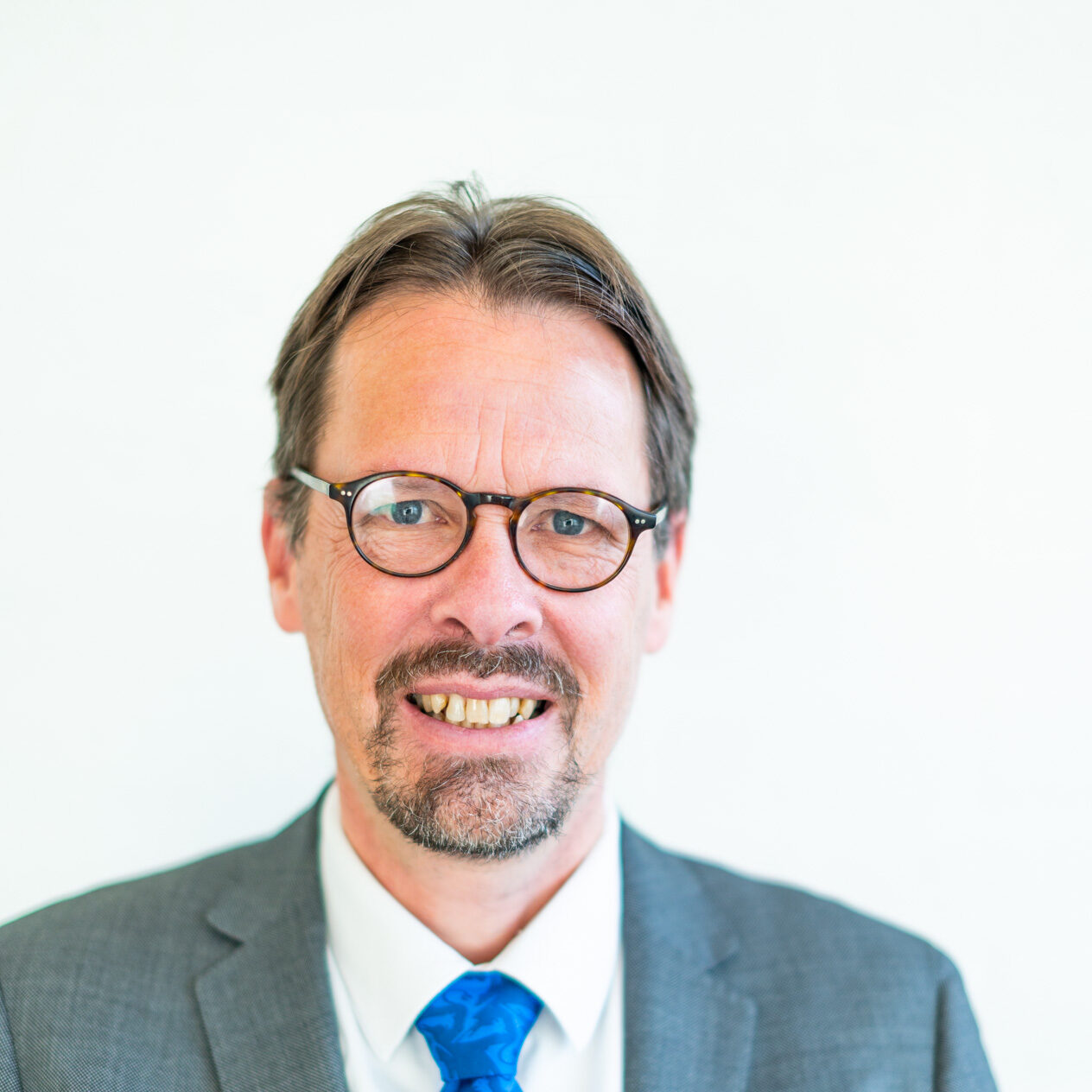Meet Your Professor: Gijsbert van den Brink
In Meet Your Professor we will introduce you to the new teachers of seminars and courses at NOSTER. In this second episode, we introduce Professor dr. Gijsbert van den Brink (VU), who will teach a Research Seminar on Religion and Climate Change.

How did you get to where you are today, academically? What path did you walk?
I was raised in a religious household and remained religious all my life. Among the people surrounding me, I noticed more and more were losing their faith. Early on, this triggered an interest in me for atheizing factors. Why do less and less people stick to their religious beliefs, leading to more atheism or (perhaps more often) agnosticism? In my academic path, I was able to study one atheizing factor (or motive that people name for losing their faith) after another. Only later in my career, I started researching other subjects too. One of the most well-known atheizing factors is the so-called ‘problem’ of evil (sometimes seen as ‘the rock of atheism’). My dissertation (Almighty God, 1993) was devoted to this subject: if there is an almighty and inherently good God, how can there be so much evil? (By the way, I turned this question around: if there is so much evil in the world, how and why did it ever occur to people to call God almighty?)
Another atheizing factor is the history of Western philosophy. You can read and hear in many places that since Kant (or swap Kant with Hume, Heidegger, Nietzsche, Sartre, et cetera) it has become impossible to rationally believe in God. In my research which resulted in Oriëntatie in de filosofie (2000; revised and expanded edition 2023), I investigated that claim.
A third reason to let go of religion which is often mentioned is ‘science’. Science would make it impossible to ‘still’ be able to believe in God. This is the subject of my book Philosophy of Science for Theologians (2009; the Dutch original appeared in 2004). Others claim that the dogmatism that often is intertwined with religion made them feel suffocated. This was the reason for me and my colleague Van der Kooi to write our Christelijke dogmatiek (2012; English Translation 2017), in which we discover that dogmatics by no means has to be suffocating.
Then I came across a very specific claim: even though science in its broadest sense doesn’t have to be a reason to become atheist, the Neo-Darwinist evolution theory certainly is! This is the claim I researched in En de aarde bracht voort (2017; English Translation 2020), and later also in Oer (2020; English Translation 2022). Since then, my research has been redirecting towards the field of theological anthropology and climate.
What kind of research do/did you do and why? Which result do you remember the most?
In my search for reasons for people to become atheists, it struck me that the reasons and motives were theoretically not valid, or at least not compelling (biographically individuals can see this differently of course). So, I still have not found an answer to my questions! Apparently, things are more complex than that one can unravel the backgrounds of secularization by lining up an x number of factors. (Someone who has offered remarkable insights on this matter is Charles Taylor, cf. his famous work A Secular Age.)
Which themes are covered in your module at NOSTER?
The module will still be refined, as I am doing now together with dr. Steven van den Heuvel and dr. Mirella Klomp. However, we have already decided that we will look into the reception history of Lynn White’s well-known criticism of Christianity as being the main cause of all ecological misery that we are facing today. Furthermore, we will get a deep dive into biblical theology, ethics, and climate change. Also, from a more empirical perspective, we will study how religious practices and religiously inspired attitudes interact with the current climate crisis. Even though I think we will not come to discuss my beloved subject of atheizing factors (only a few people mention Christianity’s alleged role in ecological destruction as the reason for losing their faith), I am very much looking forward to teaching this module.
Why is your module at NOSTER so fun/interesting? What appeals to the participants in the module?
O, the subject of climate is the issue that keeps all of us busy these days. Nowadays it is more than clear that climate change is not merely a scientific or technological problem, but that in all sorts of ways it is related to human behavior. For c. 85% of the world’s population, that behavior is at least partially motivated by their religion. So there is ample reason to think about the subject of climate change from a religious studies and theological point of view. I think that in this module we will encounter the complexity of the many interwoven issues connected to climate change, but at the same time, I hope that we will escape defeatism and despair. Maybe that’s where theology can contribute.
What advice would you like to give to young researchers in religious studies/theology?
Try not to get demotivated by the academic hurdle race to get a permanent contract. You should focus on what you really want to achieve instead. If you have found an academic field of research that you truly love, go for it. But be careful not to cross your own boundaries. If you see potential options in other professional fields, then seriously consider those. Working outside of academia is rarely less important or challenging than working inside it – it’s just different.